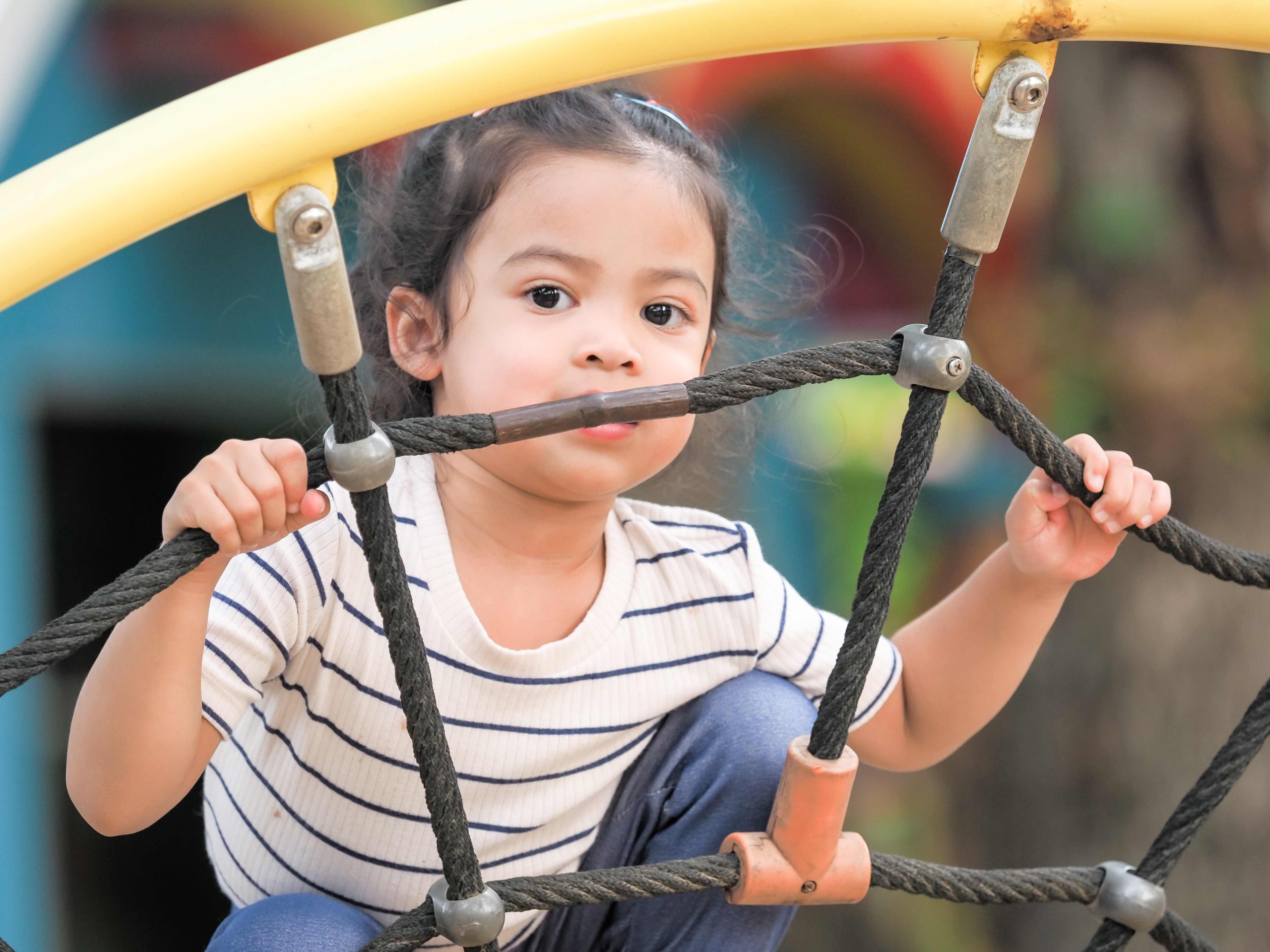
Unlocking the Magic of Preschoolers: Understanding Their Fundamental Needs
As a parent, caregiver, or teacher, have you ever found yourself staring at a group of preschoolers in wonder and awe? They are tiny, adorable beings full of life, energy, and curiosity. At this age, their brains are like sponges, absorbing everything in their environment. However, there’s much more to preschoolers than meets the eye. In this article, we will delve into the meaning of preschoolers and highlight their fundamental needs.
The Wonder Years: Understanding the Meaning of Preschoolers
Preschoolers are kids between the ages of 3-5 years old, usually referred to as toddlers. This is a crucial time in their lives as they are developing rapidly in all areas of growth, including physical, cognitive, social, and emotional development. Preschoolers are not miniature adults; they are unique individuals with their own personalities, interests, and needs.
Meeting the Physical Needs of Preschoolers
Physical development is an essential part of a preschooler’s growth. Preschoolers need plenty of opportunities to engage in physical activities that help them develop gross motor skills, such as running, jumping, climbing, and throwing. They also need activities that help them develop fine motor skills, such as drawing, cutting, and manipulating small objects.
Supporting the Cognitive Development of Preschoolers
Preschoolers are constantly learning and developing new cognitive skills. They need a variety of activities that help them develop their thinking, reasoning, and problem-solving abilities. These activities can include reading, playing games, puzzles, and other activities that encourage exploration and experimentation.
Fostering the Social and Emotional Development of Preschoolers
Social and emotional development is a critical aspect of a preschooler’s growth. Preschoolers need opportunities to develop social skills, such as sharing, taking turns, and cooperating with others. They also require support in developing emotional regulation skills, such as recognizing and managing their emotions.
Encouraging Creativity and Imagination in Preschoolers
Preschoolers have a vibrant imagination, and creativity is an essential aspect of their growth and development. They require opportunities to engage in imaginative play, such as dress-up, building blocks, and other pretend play activities. They also need access to art materials, such as crayons, paint, and clay, to express their creativity.
Nurturing a Love for Learning in Preschoolers
Preschoolers are natural learners, and it is important to foster a love for learning in them from a young age. They need opportunities to explore, experiment, and discover the world around them. They require activities that are fun, engaging, and challenging but not overwhelming.
The Importance of Play in Preschoolers
Play is a crucial part of a preschooler’s development. It is through play that they learn, explore, and experiment with the world around them. Preschoolers need plenty of opportunities for both structured and unstructured play. Structured play can involve games and activities that help develop specific skills, such as counting, sorting, and problem-solving.
Challenges Faced by Preschoolers
Preschoolers face several challenges as they navigate the world around them. One of the biggest challenges they face is communication. Preschoolers may struggle to express their needs, wants, and emotions, which can lead to frustration and tantrums. They may also face challenges in understanding the social rules and expectations of their environment, such as sharing and taking turns.
The Role of Caregivers, Parents, and Teachers in Supporting Preschoolers
Caregivers, parents, and teachers play a vital role in supporting the growth and development of preschoolers. They need to create a safe, nurturing, and stimulating environment that promotes the fundamental needs of preschoolers. Caregivers, parents, and teachers can provide opportunities for play, exploration, and experimentation.
The Role of Nutrition in Preschoolers
Nutrition is essential for the growth and development of preschoolers. Proper nutrition supports their physical, cognitive, and emotional health. Preschoolers require a balanced diet that includes a variety of fruits, vegetables, whole grains, lean proteins, and dairy products.
Building Resilience in Preschoolers
Resilience is the ability to adapt and cope with challenges and setbacks. Preschoolers need to develop resilience to navigate the ups and downs of life. Building resilience can help preschoolers develop a sense of self-efficacy, confidence, and a positive outlook.
Supporting Preschoolers with Special Needs
Preschoolers with special needs require additional support to meet their unique needs. Caregivers, parents, and teachers can work together to provide a safe, nurturing, and inclusive environment that promotes the growth and development of all preschoolers, including those with special needs.
Technology and Preschoolers
Technology is becoming an increasingly common part of modern life, and preschoolers are growing up in a world where technology is ubiquitous. While technology can offer benefits such as increased access to information and communication, it is essential to understand the potential risks and challenges associated with technology use in preschoolers.
Meeting preschoolers’ fundamental needs, such as those for play, exploration, social connection, and learning, is essential to fostering their growth and development. In order to address these demands and offer a secure, caring, and stimulating environment that promotes preschoolers’ growth and development, caregivers, parents, and instructors are essential.
The development of preschoolers into well-rounded, self-assured, and successful adults can be aided by caregivers, parents, and teachers by understanding the special requirements of preschoolers, supporting their physical, cognitive, and emotional health, and encouraging positive behaviors and attitudes. Preschoolers generally have many meanings that include a range of maturational and developmental characteristics. Preschoolers aren’t simply little kids; they’re distinct people with their own needs, abilities, and difficulties. Building a solid foundation for future success and well-being requires understanding these demands and fostering their growth and development.
It is our duty as caregivers, parents, and educators to offer preschoolers the tools, opportunity, and support they require to succeed. We can help create a better future for these preschoolers as well as for society at large by cooperating and understanding the basic requirements of preschoolers.


